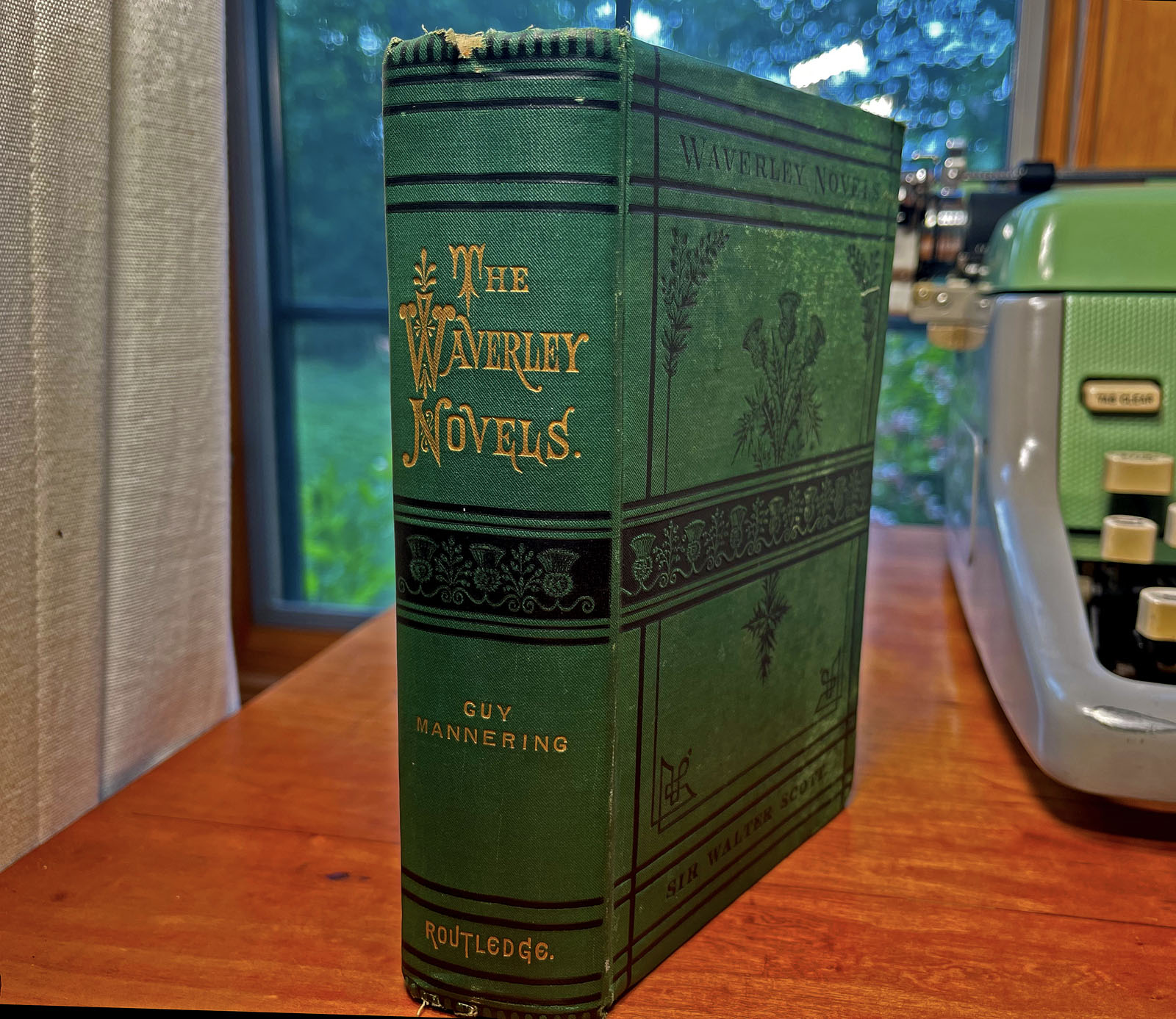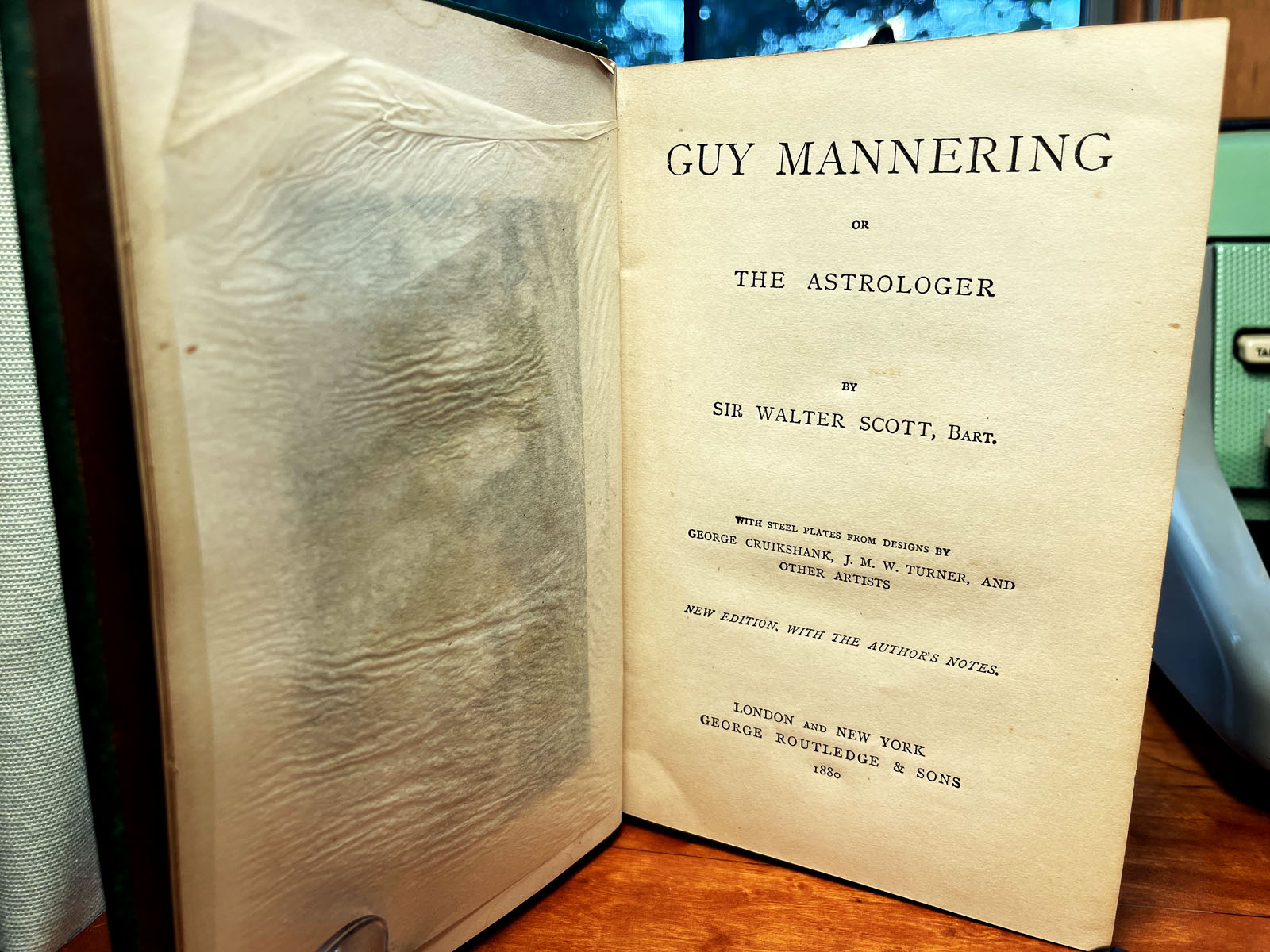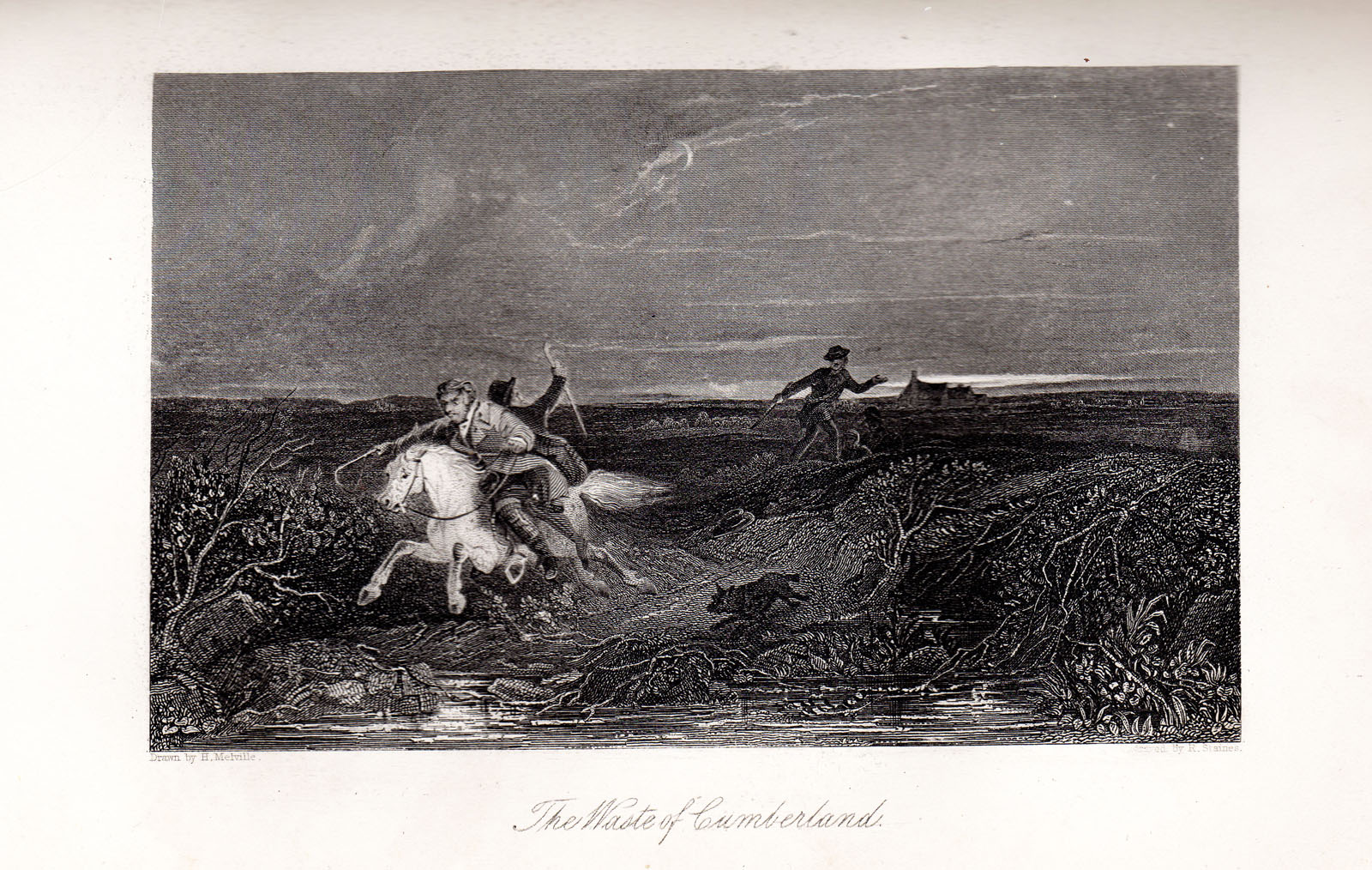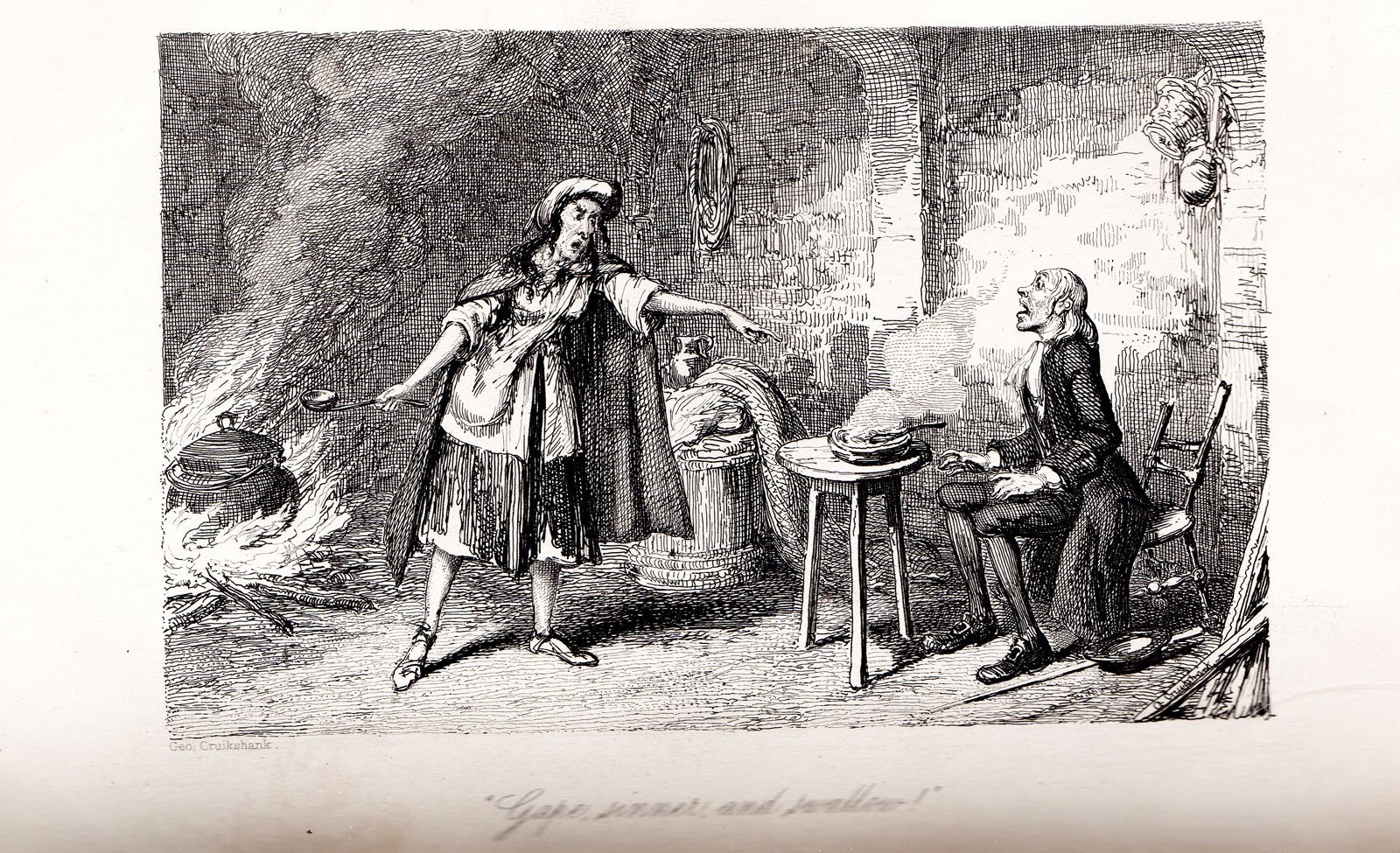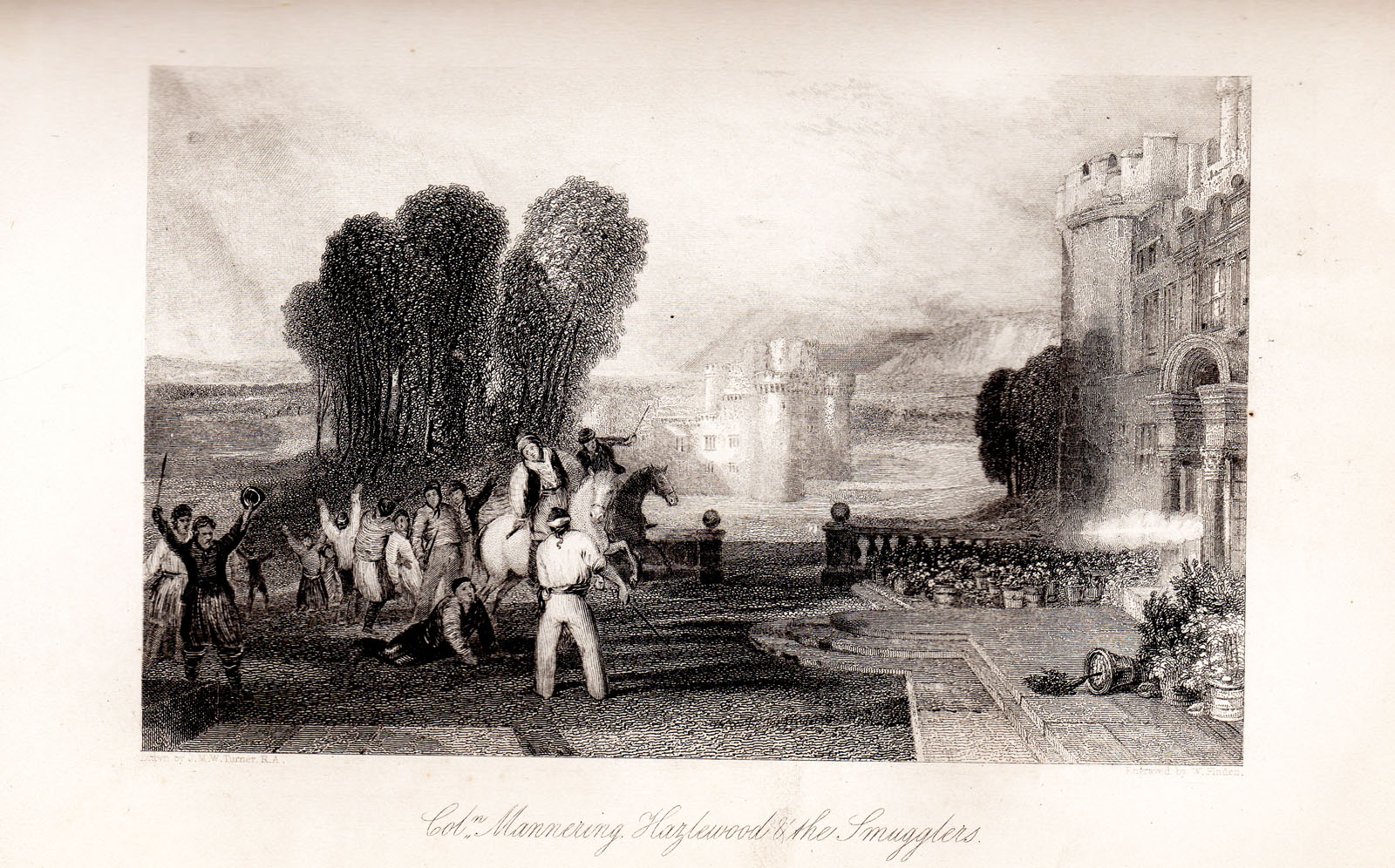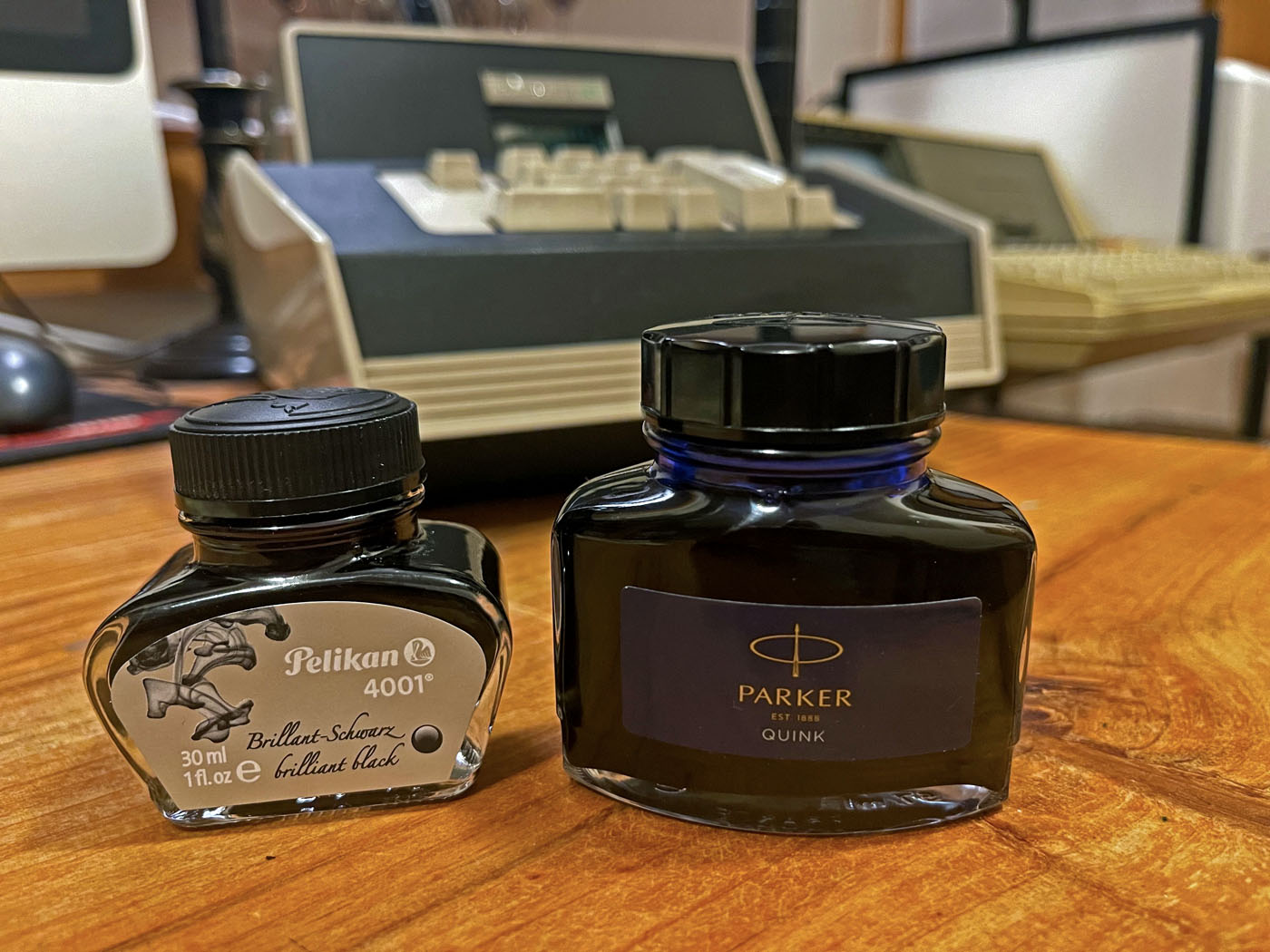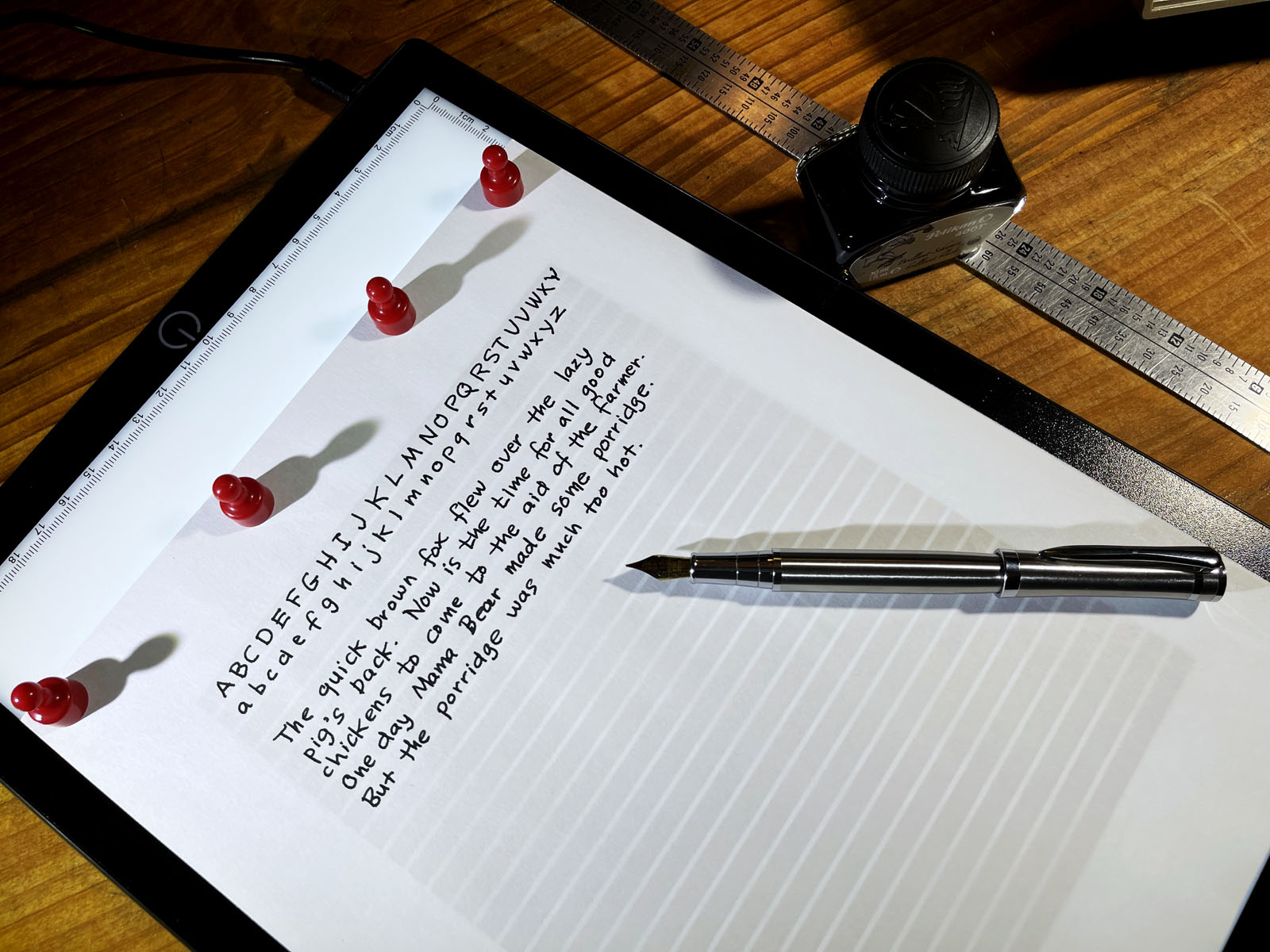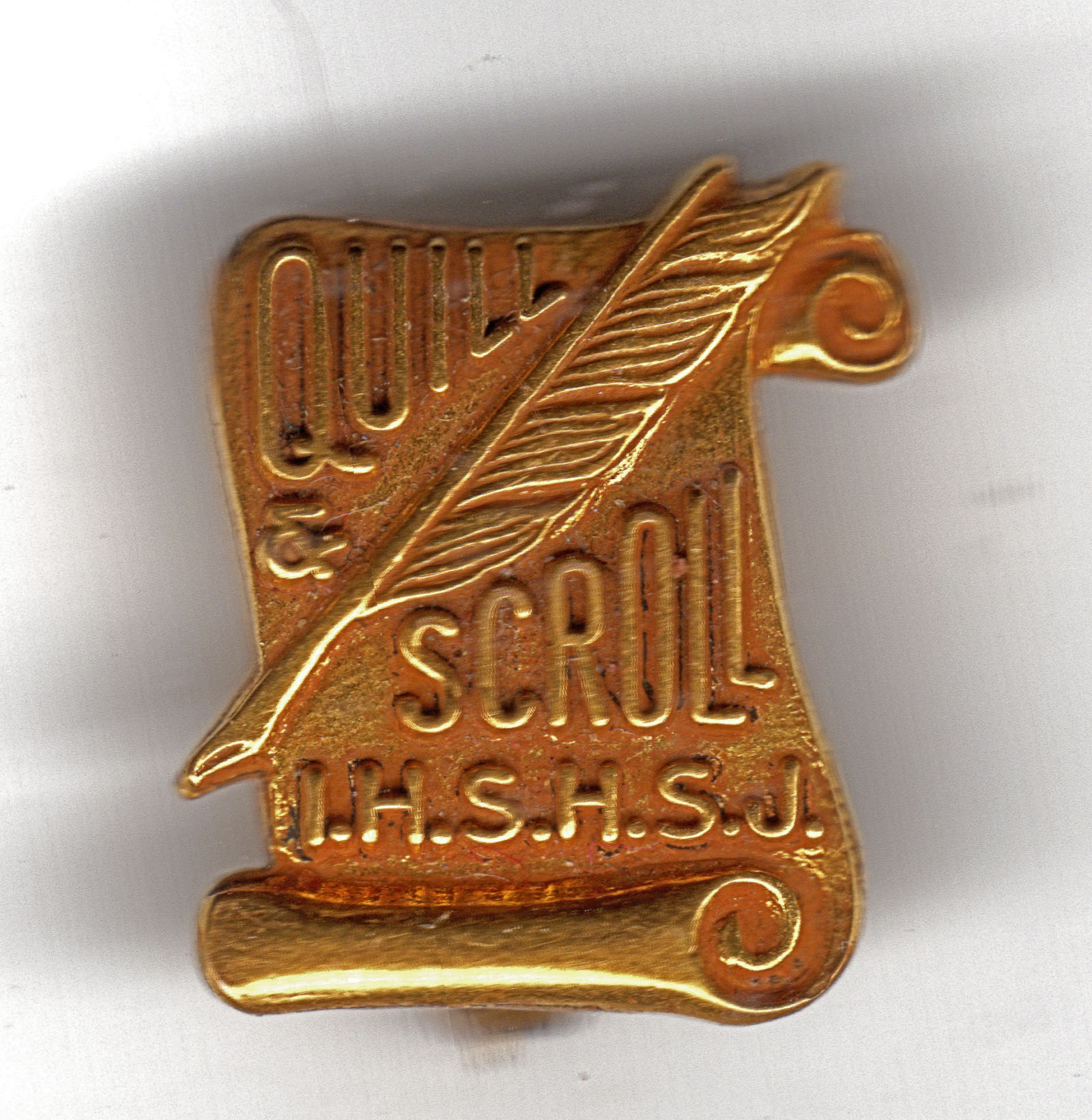
My old friend Jonathan Rauch has an excellent piece in the Atlantic today, “We Don’t Have to Speculate About Trump’s Next Term: The former president and his allies have explained their plans quite clearly.” This piece is a must-read. I agree with everything Jonathan says except for one thing, which I describe below.
To me, it is incomprehensibly stupid that the Republican Party and its Trumpists believe that they can create some sort of right-wing, white-people, Christian nationalist utopia. That’s absurd. Given the power, what they actually would create is an American hellscape in which turmoil would escalate until Trump was removed from the scene, permanently. Trumpists imagined that their attack on the U.S. Capitol was some sort of popular uprising of the people, aimed at overturning tyranny. It was no such thing. It was a pathetic, tin-hat, squalid imitation of the real thing, led by and executed by the worst kind of fools, a beer-hall putsch fantasy. For an example of the real thing, take a look at photos of Sri Lankans storming their presidential palace to take down a corrupt family dynasty. The American people would not for long put up with Donald Trump as king.
I sent an email to Jonathan about his Atlantic piece:
Great piece in the Atlantic. I disagree on only one point. I don’t believe that the public would ever accept authoritarianism. I’m not sure that Trumpian authoritarianism could even creep, given that we know from the start who he is and what he is up to. Having long ago imagined the worst and having watched reality turn out twice as bad as what I imagined, I’ve also tried to imagine how we would resist. The coasts, starting in California, simply would not put up with it. I don’t think that a minority authoritarian American government could ever be anywhere close to stable. Republicans would move quickly to cut up the social safety net and enact all sorts of injustices, which would be gasoline on a fire. If elections don’t matter anymore, then MAGA types don’t matter either (or at least matter as much), and Trump’s contempt for such socially inferior creatures would start to show for those who don’t toe the line. The more cruel and showy the clampdown — which the Trumps and MAGA true believers would insist on and relish — the more determined the resistance. Inflammatory brown-shirt cruelty would be everywhere in social media, even if the media aren’t properly covering it. The far left, which is arming and which would double down and grow (see https://www.reddit.com/r/socialistra) would start to return fire. They’re weak, but as they grow I’d expect them to employ sophisticated guerrilla tactics. The intelligentsia are never powerless, especially up against a Trumpian idiocracy. The Democratic Party would have some ideas, too. I have enough faith in the American military that I think it would take Trump longer to corrupt it (meaning that they’d carry out any order that Trump gave) than we, or Trump, might think. Our NATO allies would find ways to apply pressure. Trumpian stupidity and incompetence would be a great weakness. Stability based on compliance could never be achieved, and I don’t think there is enough police power for a forced form of stability. I am confident that the people’s power to resist a tyrant is greater than a tyrant’s power to resist the law and the people. Not only are they a minority, I’d expect overall support for Trump to diminish, and quickly, not grow. I have no idea how Trump eventually would be deposed, but he would be, nor can he even live much longer. Don Jr. is far too stupid to lead the dynasty they want, though no doubt he’d love to try. They can’t shoot everybody. A couple of hundred thousand people swarming the White House, à la Sri Lanka, would be far from impossible, and that would be a start.
That said, though, I don’t think there is a snowball’s chance that Trump will return to power. I think he is legally doomed and that there is time to finish him off and lock him up (as well as some members of Congress) before January 2025, no matter where we find ourselves in January 2025. I wouldn’t be completely surprised if there are indictments ahead of the November election, since the DOJ is under increasing pressure to justify itself.
This was Jonathan’s reply:
Excellent analysis. I hope you’re right!
I think you probably are right, but we’ve already seen so much that was previously unthinkable. Nothing in my scenario is unrealistic, and most of it either already happened or was attempted and might have happened.
The most discouraging thing to me is that I now think it’s very possible that the American public–at least the necessary critical mass–would accept creeping authoritarianism of the Hungary variety, and many would welcome it. I’ve experienced a crushing crisis of confidence in the public’s understanding of and commitment to constitutional democracy. I’m quite depressed about it. See, eg…
https://www.theatlantic.com/ideas/archive/2022/08/political-extremism-fatalism-maga-threat/671234/
Your comments here, as always, are welcome.

